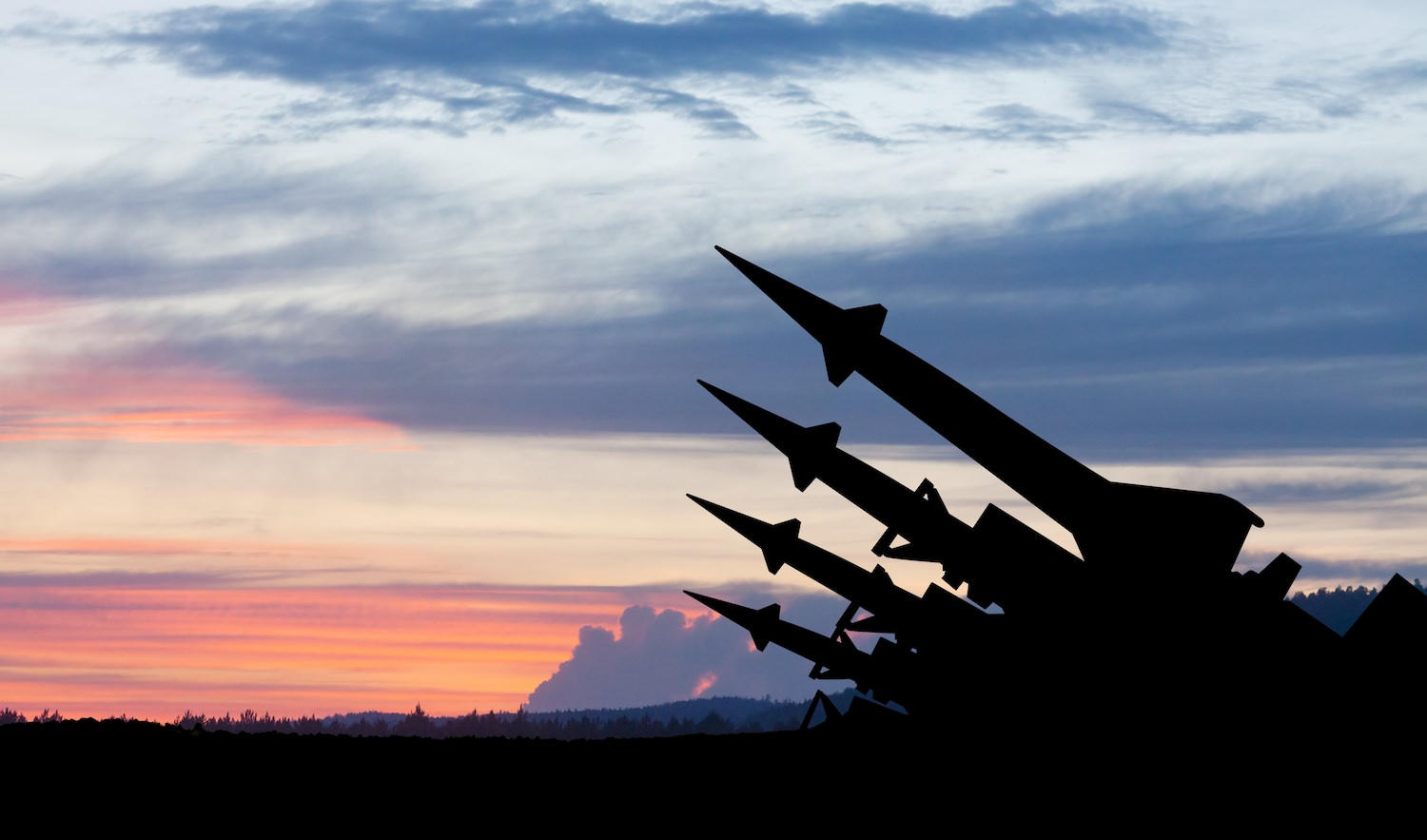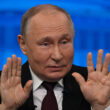We are at a crossroads for global strategic stability: either regional conflicts will be reasonably settled and diplomatic engagement resumed—significantly including arms control and limitation—or the world could veer into a dangerous escalatory spiral with widening hot spots, destabilization and chaos.
Strategic arms control is of supreme importance today, much as it was in the 1960s-1970s in the bilateral context of the Cold War.
However, the complexity of this subject has increased due to major technological advances in the nuclear, space, rocketry, biological and cyber/AI/quantum areas.
Cyber/AI (specifically the possibility of artificial super-intelligence) introduces an entirely new omni-use dimension across the other WMD areas which are fundamentally dual-use.
The advent of an omni-use technology such as artificial super intelligence that can interface with WMD areas substantially elevates the challenge of maintaining human control over all of these systems.
As in the earlier era of nuclear physicists Robert Oppenheimer and Andrei Sakharov, we must make a fundamental choice between seeking technological primacy, or accepting and agreeing on the fact of mutual assured destruction and instead work to reduce risks of catastrophic error.
The US and Russia are still central. Today there are additional relevant players, particularly China as well as some other “third countries” with specific new WMD technological capacities.
Thus, both the technological and the geopolitical matrices are more complex than in the first era of WMD arms control.
Any quest for primacy or supremacy in an area such ASI (air/space intelligence) or missile defense risks unleashing not only a spiraling arms race of WMD development but also escalatory provocations and actions with the risk of preemptive and asymmetric countermeasures. Such scenarios cannot be in any nation’s reasonable security interest.
Making the right choice—in favor of ensuring human control over WMD and a return to multidimensional arms control in bilateral and ideally also multilateral contexts—will require technically sophisticated diplomacy with strong political backing from highest levels.
To do this, all sides must recommit to the type of negotiation that led to the historic series of treaties such as ABM, the Test Bans, Non-Proliferation, Biological Weapons Convention, SALT 1 & 2, START 1 & 2 and New START. New START expires in less than one year.
There is a motivational logic among superpowers to resolve and contain “hot” regional security issues with urgency so that the needed attention and energy can be turned to these matters of strategic stability.
Confrontation must end. We need a new era of detente based on our collective interest in survival.
As JFK said in his bold and historic detente speech in June 1963 at American University: “So, let us not be blind to our differences—but let us also direct attention to our common interests and to the means by which those differences can be resolved. And if we cannot end now our differences, at least we can help make the world safe for diversity. For, in the final analysis, our most basic common link is that we all inhabit this small planet. We all breathe the same air. We all cherish our children’s future. And we are all mortal.”
This is an existential moment for humanity. The outcome is still within our collective control but it requires decisive leadership now. History will judge us. Our children depend on us.
Mark Medish is a former senior White House and U.S. Treasury official in the Clinton administration, and co-author with Joel McCleary of “Dancing in the Dark,” the influential three-part series of political essays published in The Washington Spectator in 2024.







0 Comments